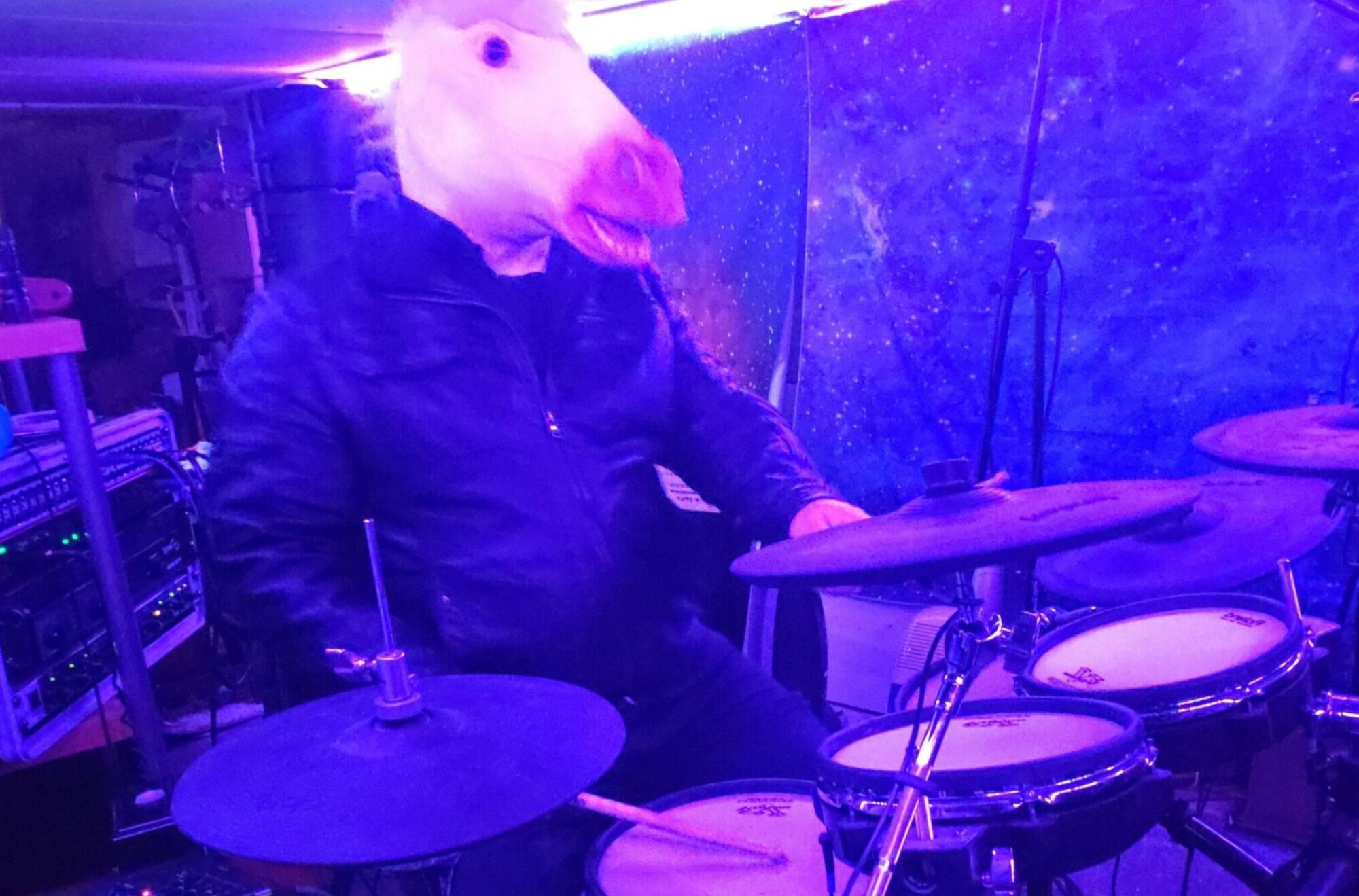Just as important as having a muse, you gotta have a mentor. I cannot stress this enough. This is more than having a role model, where you emulate them from afar. This about finding someone who will take an active role in your life, pointing you in the right direction for self improvement.
We’re all wandering around. It’s not dark, so we think we can navigate. But really, we can’t guess very well. We need a scout who’s been there. We have to learn by making so many mistakes, you really owe it to yourself to find a mentor who can help you avoid pitfalls. We’re lazy and take the easy route, so you owe it to yourself to have a sensei who will show you the value of thinking long term. We overestimate the size of hurdles, and so you owe it to yourself to have a coach who will show you that it’s easier than you thought.
You have permission to ask for help. You have no excuse for not knowing what to do, because you can find a mentor. There was a time that I didn’t know this, and so I wasted a lot of time and made pointless mistakes.
A few tips:
- Usually the mentor doesn’t need to know that’s how you view them. They probably don’t need that kind of pressure anyway.
- You don’t need any formal agreement because you are actually helping them, too.
- You can help a mentor by giving information, because you are likely more on the front lines.
There are a ton of articles on getting mentors, but the Forbes one is fine.
I can brag because I was a self-taught drummer for a long time, but now it’s kind of embarrassing for me. I wasted a lot of time without a percussion expert as a mentor, and so now I’m trying to catch up. Don’t make the same mistake as I did. Identify who wants to help you, and then ask them for it. Sometimes they are just waiting to be asked for help. Or do you already have mentors, and have they helped you?
